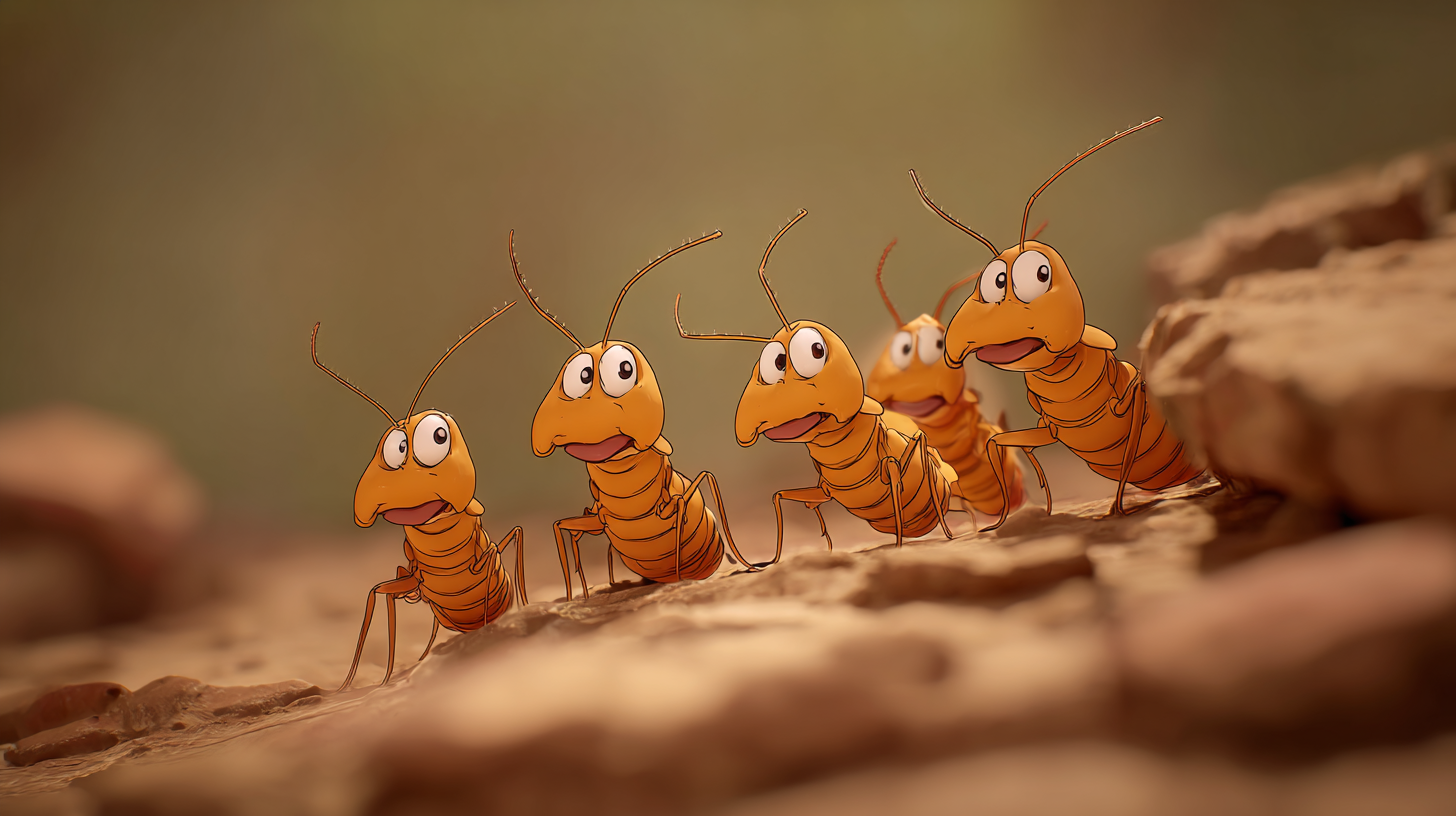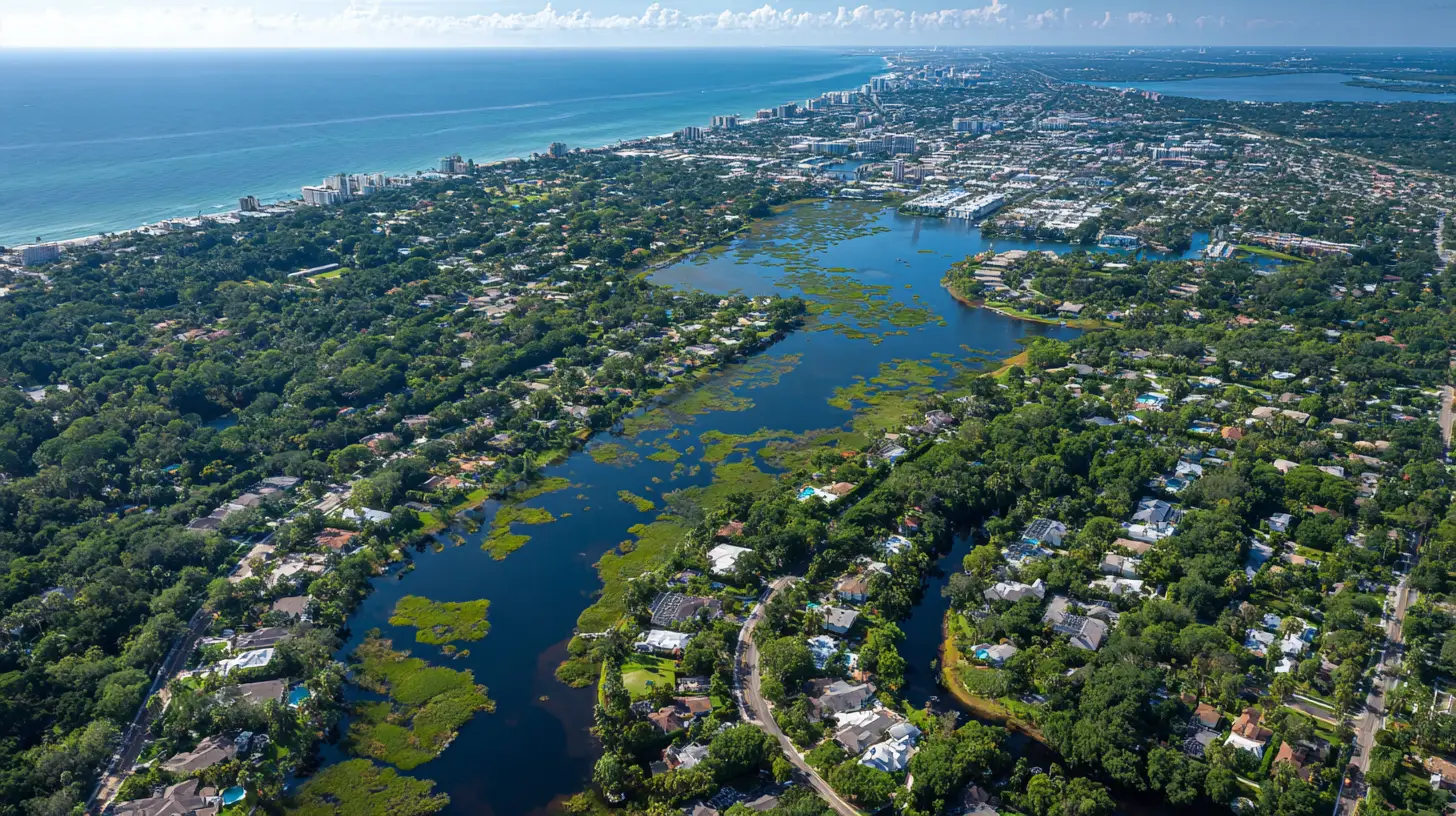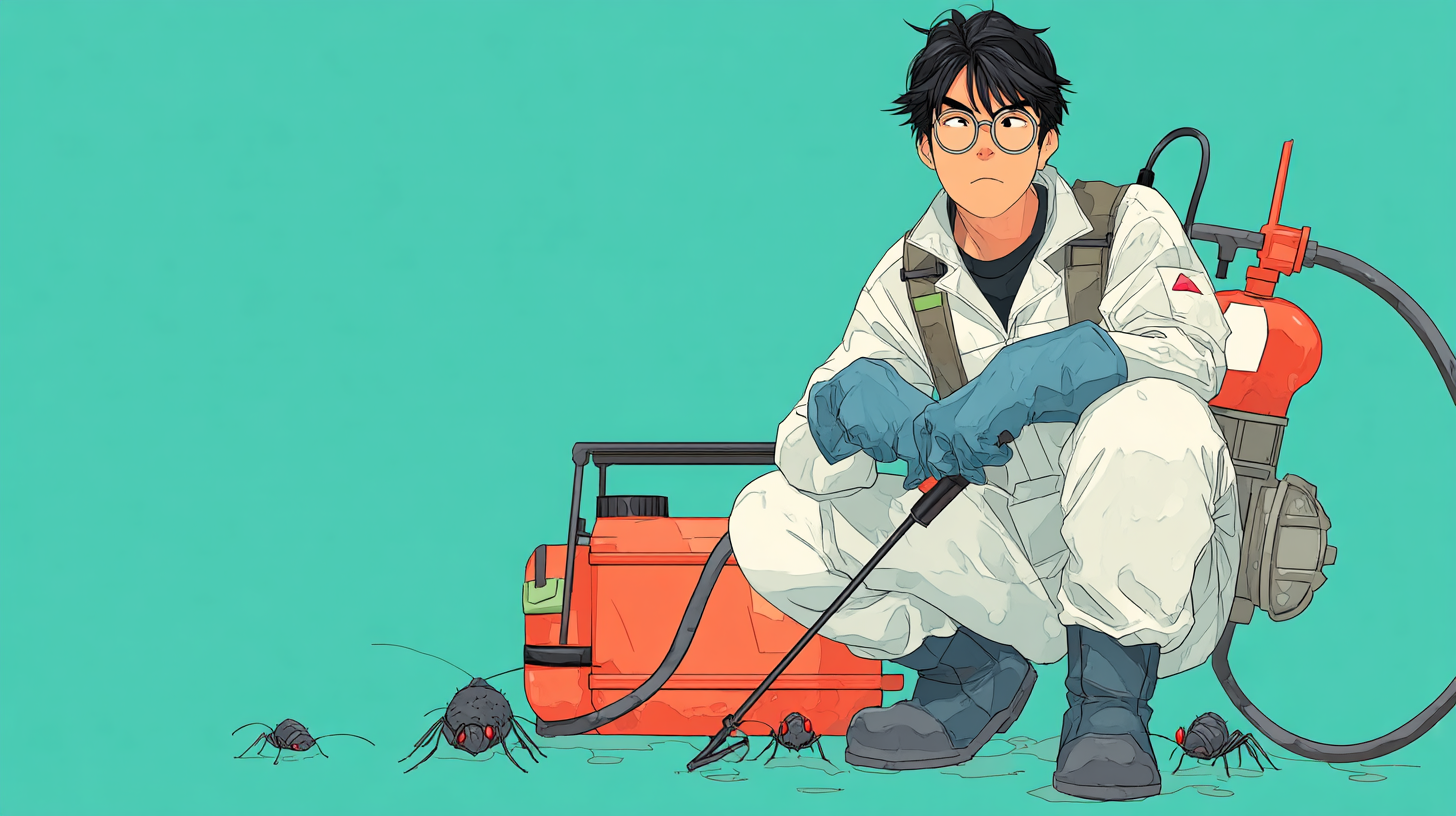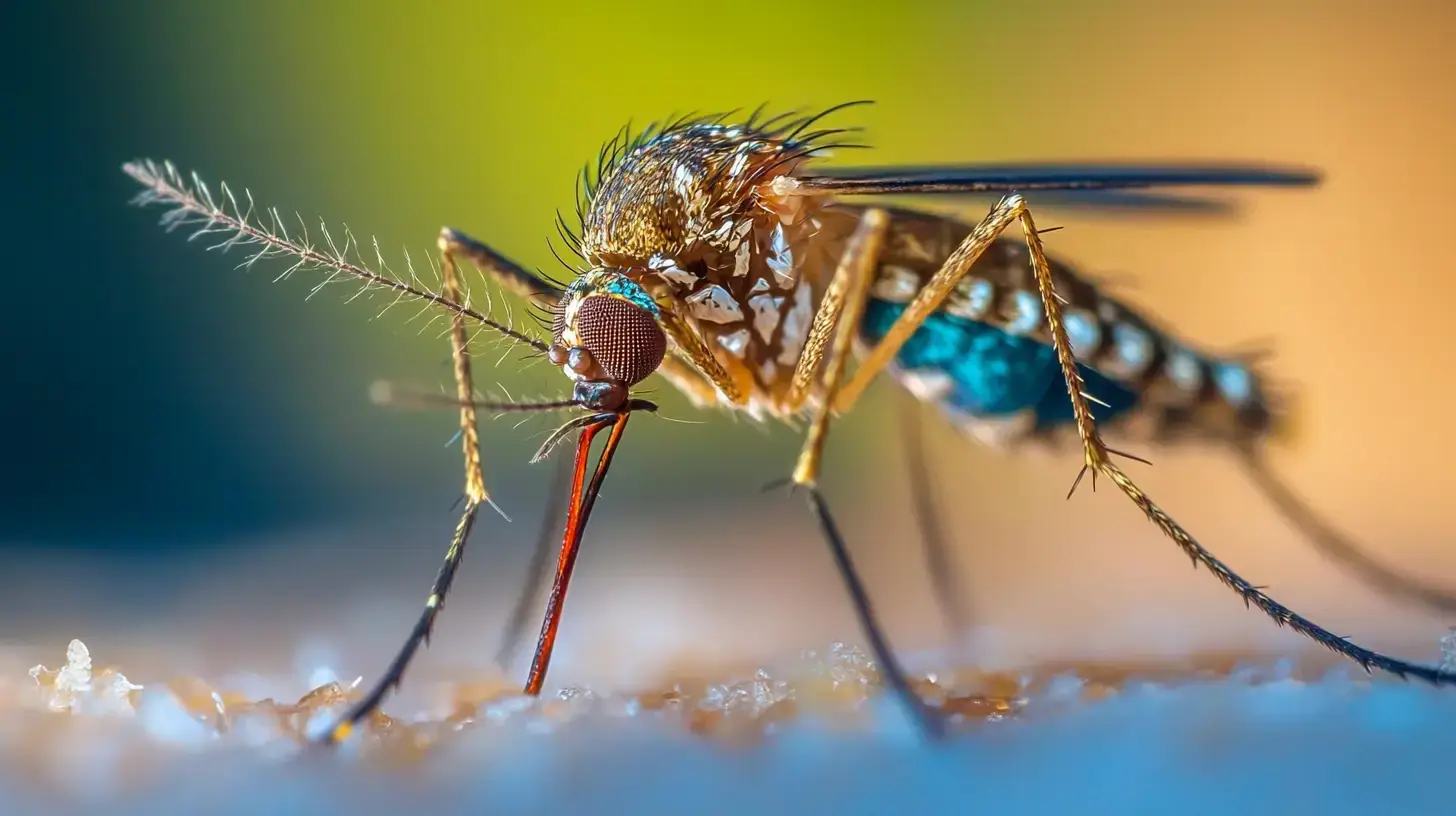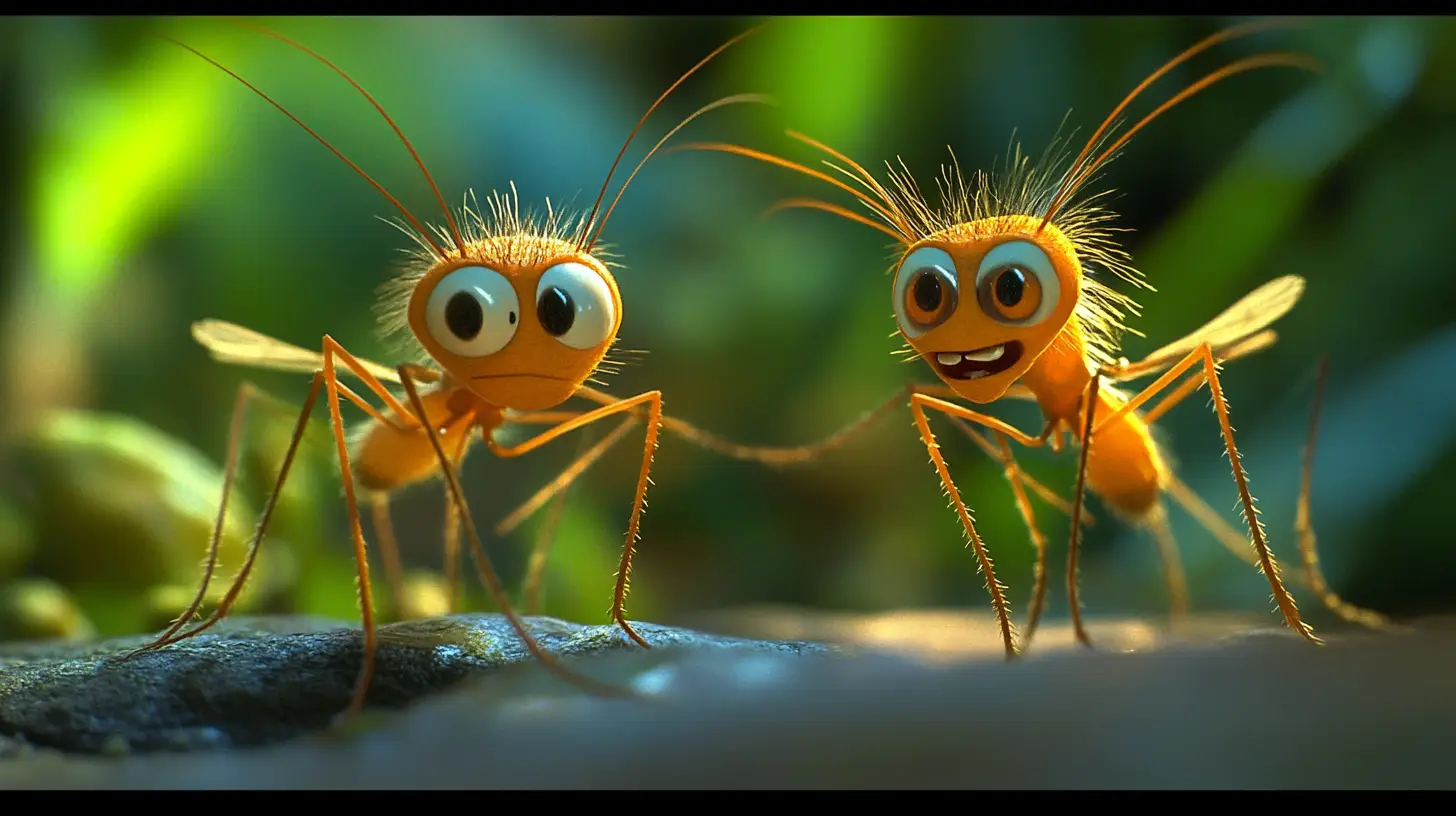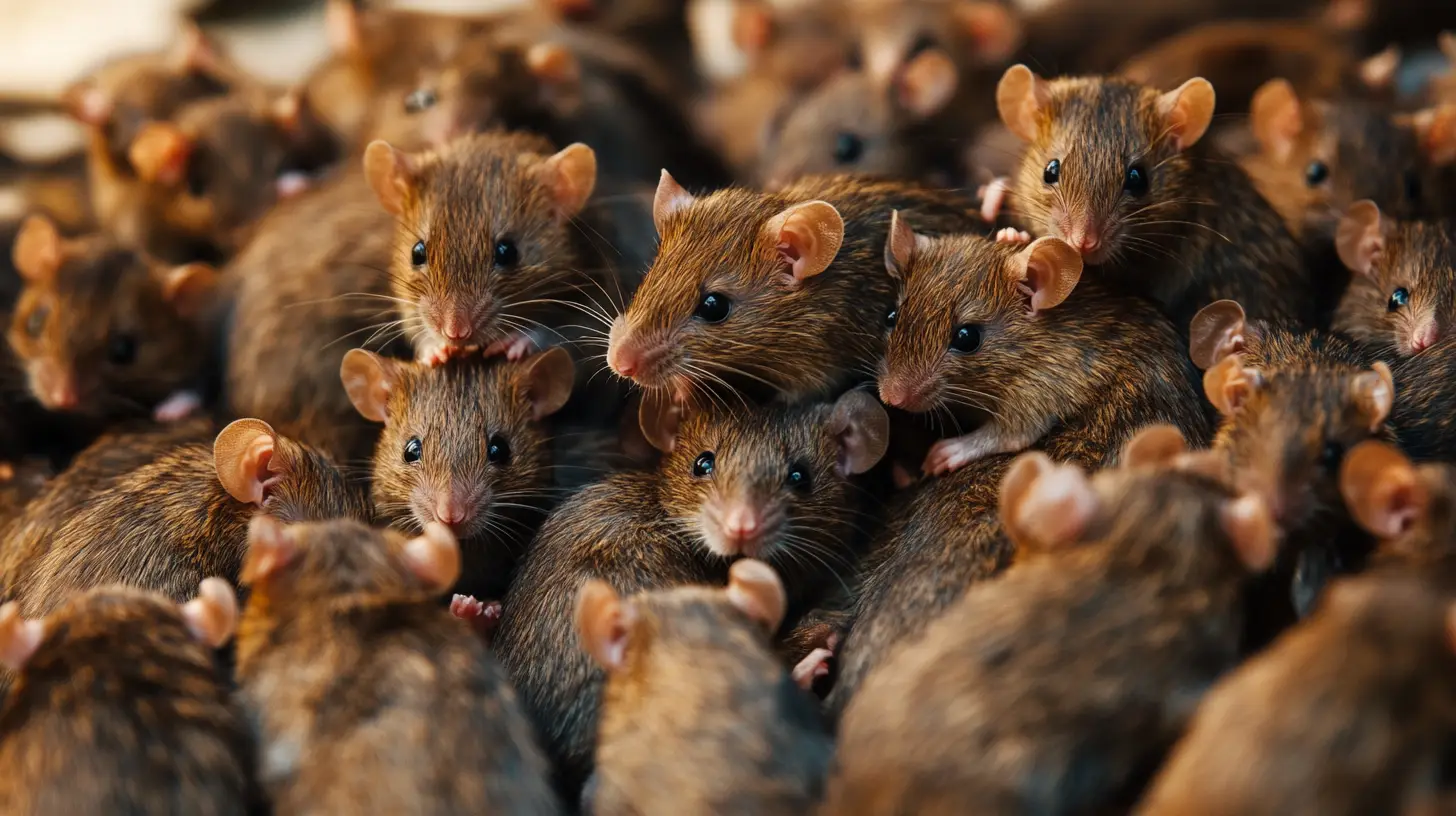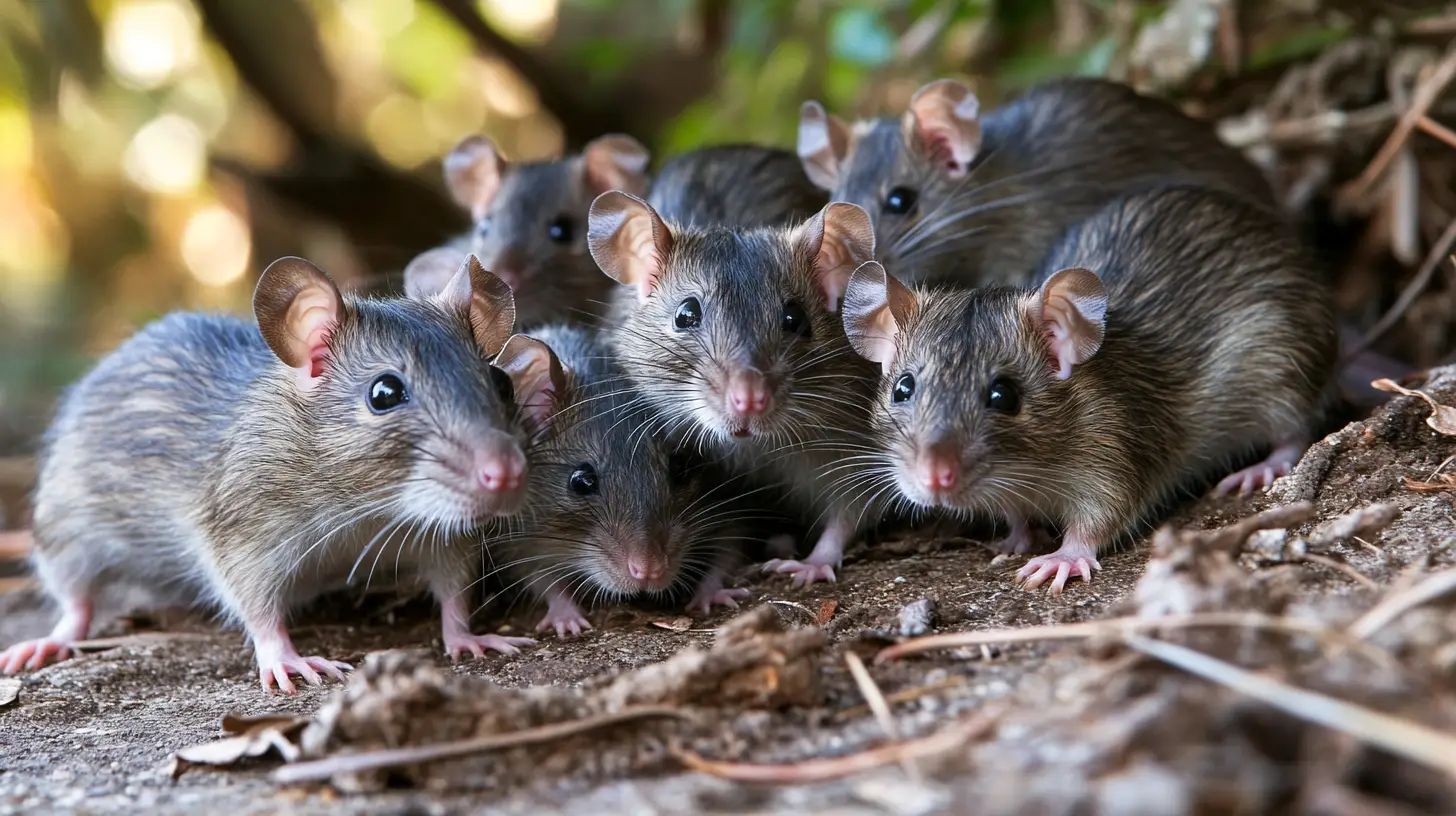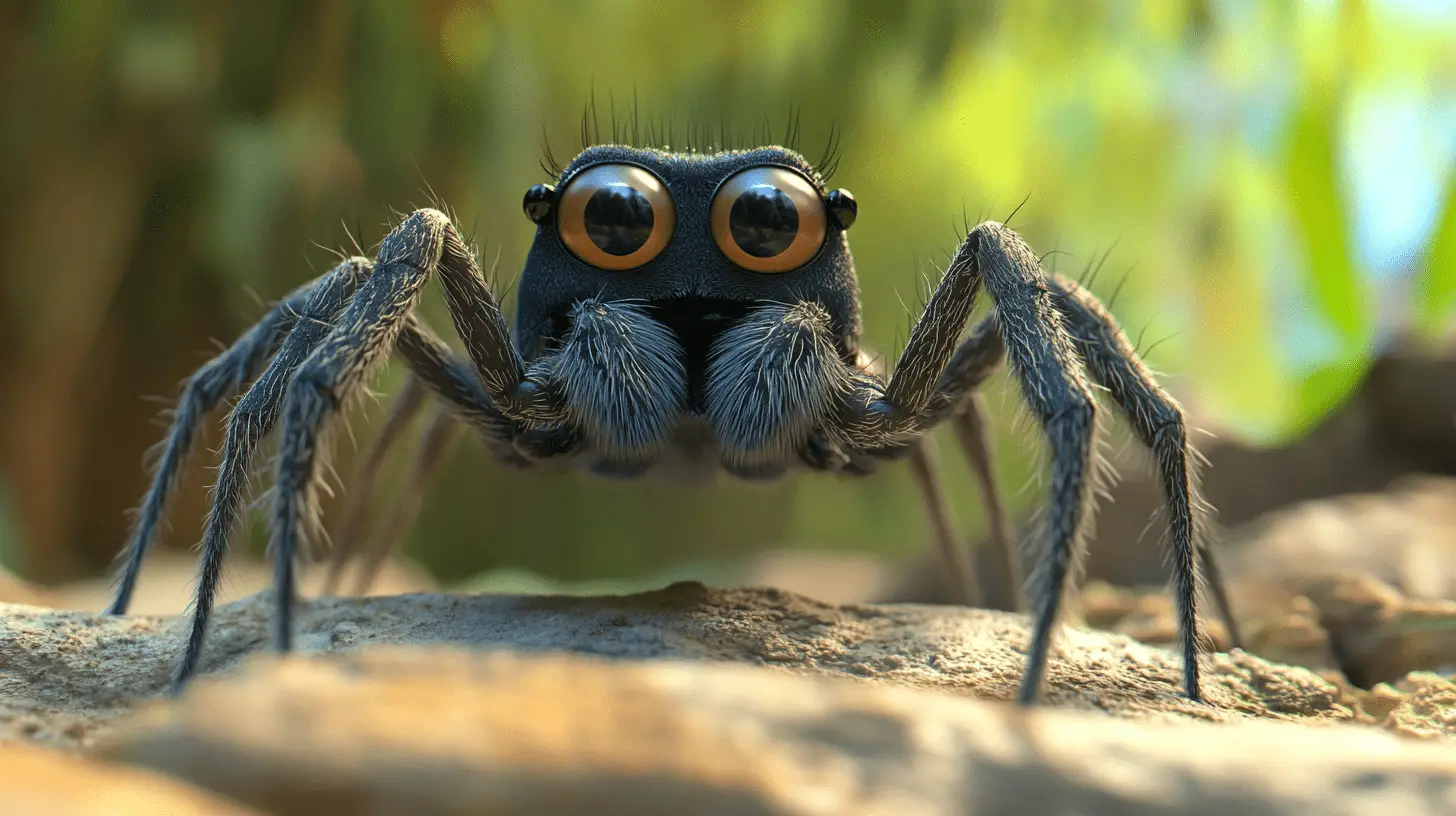
Table of Contents
Living in Sarasota, FL means enjoying sunny days, beautiful beaches — and, unfortunately, high mosquito activity. With a warm, humid climate and frequent rain, mosquito treatment isn’t just a summer task here — it’s a year-round responsibility.
Recent public health developments, including locally transmitted malaria and West Nile Virus detection, highlight why understanding mosquito pest control options and staying proactive are so critical for Sarasota residents.
Key Takeaways
- Sarasota has experienced recent local outbreaks of malaria and West Nile Virus, raising the importance of year-round mosquito control in Sarasota.
- Mosquito season peaks from May to October, requiring extra vigilance during these months.
- Integrated Pest Management (IPM) strategies combining biological, chemical, and environmental controls are the most effective approach.
- Spraying your yard for mosquitoes is a worthwhile investment for both comfort and public health protection.
- Community participation and public education play vital roles in Sarasota’s mosquito management efforts.
Health Alerts: Rising Mosquito-Borne Disease Risks in Sarasota
In 2023, Sarasota County reported seven locally acquired malaria cases, the first such outbreak in the United States since 2003. This surprising development triggered expanded mosquito surveillance and targeted control operations throughout the area.
By late 2024, Sarasota was also placed under a mosquito-borne illness advisory after sentinel chickens tested positive for West Nile Virus (WNV) antibodies.
These incidents emphasize that mosquitoes aren’t just a backyard nuisance — they’re a serious public health concern in our region.
Sarasota’s Mosquito Control Efforts: A Closer Look
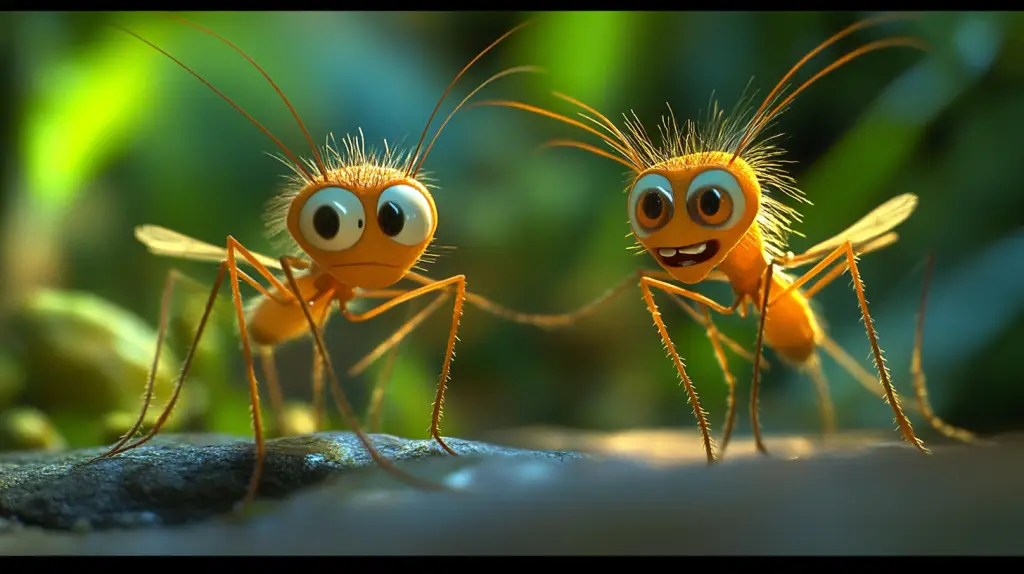
Sarasota County takes an aggressive, multi-layered approach to mosquito management:
- In 2023, the county treated over 500,000 acres using adulticides to manage mosquito populations.
- By early 2024, more than 90,000 acres had already been treated in preparation for peak mosquito season.
- The county uses carbon dioxide-baited traps to monitor mosquito populations year-round, allowing for real-time assessments and targeted mosquito spraying.
- Sentinel chicken coops — located strategically across Sarasota — provide early detection of viruses like WNV and Eastern Equine Encephalitis (EEEV).
Additionally, Sarasota County distributes mosquitofish (Gambusia holbrooki) to residents free of charge. These small fish naturally consume mosquito larvae in ponds and other standing water, offering an eco-friendly mosquito treatment for yards and water features.
Peak Mosquito Season: When to Be Extra Vigilant
Mosquito activity in Sarasota peaks from May through October, when rain and high temperatures create ideal breeding conditions.
During these months, taking extra steps like spraying your yard for mosquitoes, using natural deterrents for mosquitoes (such as citronella and lavender plants), and maintaining dry property conditions can dramatically lower your exposure to bites and mosquito-borne illnesses.
What Is the Most Effective Mosquito Control Strategy?
Sarasota County employs Integrated Pest Management (IPM) strategies — combining biological controls, physical habitat changes, and targeted chemical applications. For residents, a similar layered approach works best:
- Larval control: Using mosquitofish or applying larvicides to standing water.
- Adult mosquito control: Periodic mosquito fogging and mosquito spraying around shaded or damp areas.
- Environmental management: Removing standing water, cleaning gutters, and maintaining airflow in outdoor spaces.
Consistently combining these strategies results in the best mosquito protection for both individuals and the broader community.
Is It Worth Spraying Your Yard for Mosquitoes?
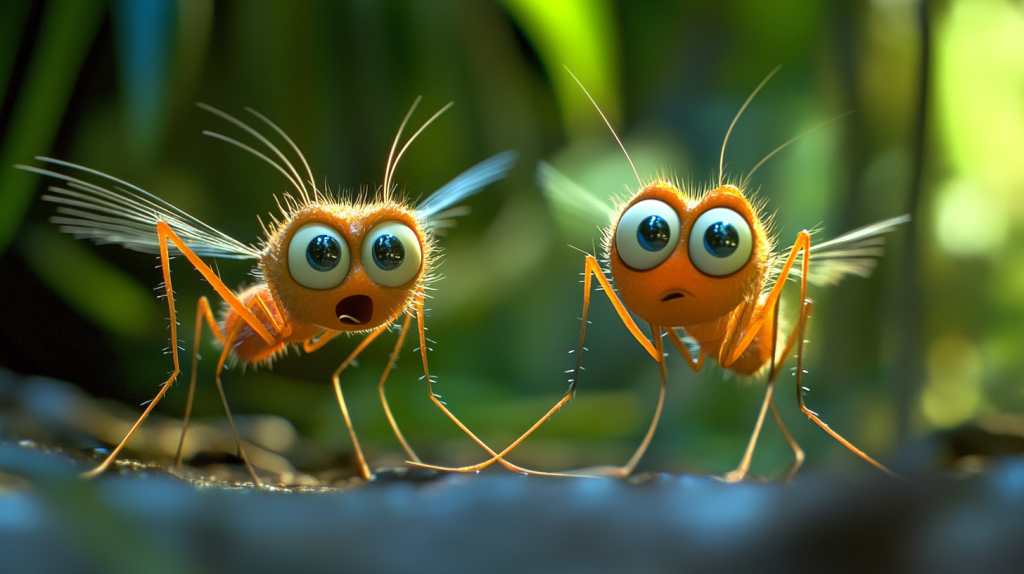
Given Sarasota’s recent history with mosquito-borne illnesses, spraying your yard for mosquitoes is more than worth it — it’s a key part of health protection.
Backyard mosquito service not only reduces immediate mosquito nuisance but also lowers the risks of exposure to diseases like malaria and West Nile Virus. Paired with natural strategies and community efforts, yard spraying becomes a vital defense tool during the most active months.
How Much Does Mosquito Treatment Typically Cost?
In Sarasota, professional mosquito pest control typically costs $65 to $100 per treatment for standard residential properties. Seasonal packages — covering multiple months during peak activity — are often available and provide consistent protection with better value over time.
Final Thoughts
Mosquito treatment in Sarasota isn’t just about enjoying your backyard without the buzz — it’s about staying safe and healthy in a region where mosquito-borne illnesses are increasingly common.
By staying informed, using integrated prevention strategies, and working together as a community, Sarasota residents can protect themselves and their families while continuing to enjoy everything Florida living has to offer.
Frequently Asked Questions (FAQs)
1. Has Sarasota had recent malaria cases?
Yes, Sarasota reported seven locally acquired malaria cases in 2023, marking the first U.S. outbreak of this kind since 2003.
2. How does Sarasota monitor mosquito-borne diseases?
The county uses sentinel chicken coops and carbon dioxide-baited traps year-round to detect and monitor viruses like West Nile and EEEV.
3. Are natural mosquito control methods effective in Sarasota?
Yes, using mosquitofish in ponds and standing water, planting natural repellents like citronella, and maintaining dry conditions can significantly reduce mosquito populations.
4. When is mosquito season at its worst in Sarasota?
The worst mosquito activity in Sarasota occurs between May and October, when rainy and humid conditions allow mosquitoes to breed rapidly.

